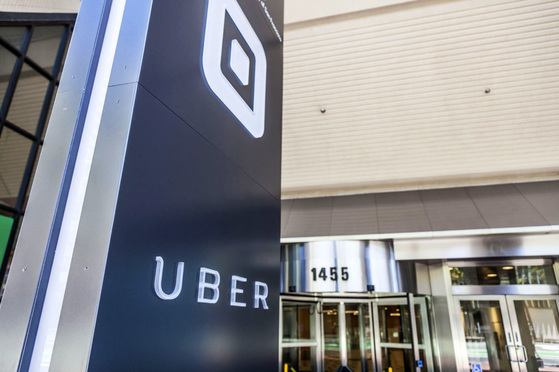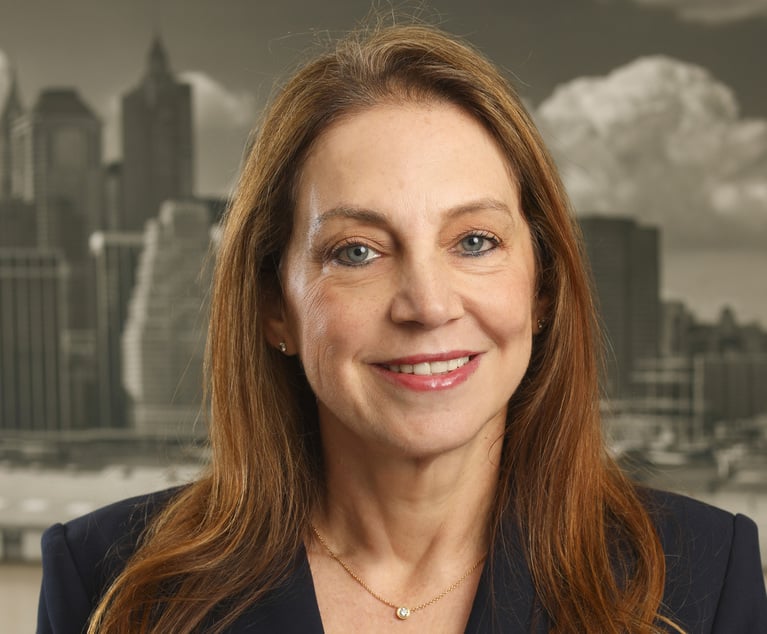In a ruling that advocates say could open Uber Technologies Inc. up to additional litigation over providing service to disabled people, a New York state court judge in Brooklyn found that the ride-sharing company’s arbitration clause was too ambiguous to move a disabled woman’s suit against the company into arbitration.
Brooklyn Supreme Court Justice Francois Rivera found that plaintiff Elizabeth Ramos, who lives in the Starrett City section of Brooklyn and who uses a wheelchair, did not unequivocally agree to the arbitration clause and that Uber’s motion to compel arbitration “improperly depends upon implication or subtlety in the interpretation of its ambiguous registration process.”








